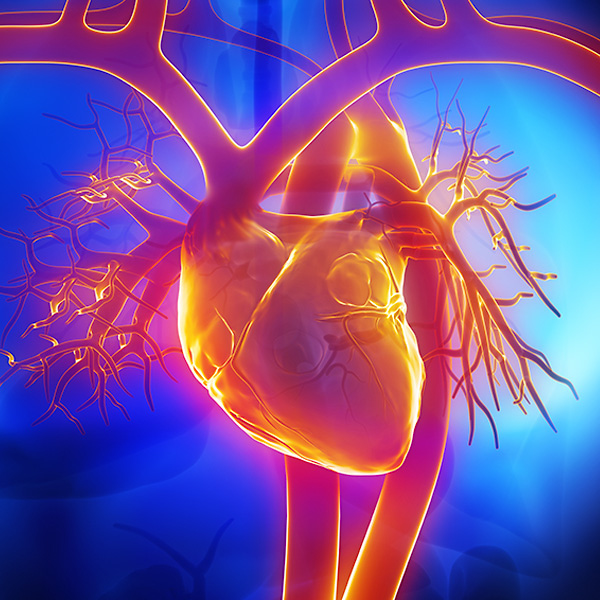Holter Monitoring and Event Recording
Monitoring Device to Record and Diagnose Heart Rhythm Problems
Holter monitoring and event recording are two ways doctors at Loyola Medicine diagnose heart rhythm problems. Your Loyola doctor may also use these devices to determine if your pacemaker is working properly or to be sure that your medication is effectively managing your irregular heart rhythm.
A Holter monitor is a portable device that keeps track of the electrical activity of your heart (electrocardiography or ECG) and is usually worn for 24 to 48 hours. Much like standard electrocardiography, a Holter monitor records electrical signals from the heart through a series of electrodes that are attached to your chest. The electrodes can detect an irregular heartbeat or other heart symptoms.
A cardiac event monitor, which also records heart activity, is turned on at the time of an “event” when you are experiencing a symptom. Your Loyola cardiologist may recommend a cardiac event monitor if your symptoms occur less than daily. Your doctor may ask you to wear the monitor for several days or up to a month.
Turning on your monitor when you feel dizziness, chest pain, faintness or the sensation that your heart is skipping a beat can help to identify if there is a heart issue causing your symptoms.
Holter monitors and cardiac event monitors are used to evaluate how your heart responds to your normal activity and whether your heart exhibits signs of arrhythmia. These devices may also be used to evaluate your heart following a heart attack.
Why Choose Loyola for Holter Monitoring and Event Recording?
Loyola’s cardiology and heart surgery program is nationally recognized for our diagnosis and treatment of cardiovascular conditions. We work with you to help you understand your condition and develop a treatment plan that is right for you.
What to Expect with Holter Monitor and Event Recording
Heart monitoring is usually conducted away from your doctor’s office as you go about your normal daily routine. While wearing a Holter monitor, sticky electrodes are attached to your chest and connected to a small recording monitor.
You carry the battery-powered monitor with you and can continue with your regular daily activities. In many cases, you will be asked to keep an activity log during the monitoring period. A Holter monitor is usually worn for 24 to 48 hours.
Some cardiac event monitors are worn with electrodes on your chest, just like a Holter monitor. However, some are worn around the wrist, and you will be instructed to press a button when you feel symptoms.
Others are held in the hand or pocket, and you will be instructed to place it on your chest when you feel symptoms. A cardiac event monitor may be worn for a few days or up to a month.
When wearing a Holter monitor or a cardiac event monitor, it is important not to bathe, swim or shower while wearing the monitor.
Risks of Holter Monitor and Event Recording
There are no significant risks associated with Holter monitor or event recording testing. In some instances, you may experience a minor skin rash or irritation where the electrodes are attached to your chest. Wearing a Holter monitor or a cardiac event monitor is not painful.

